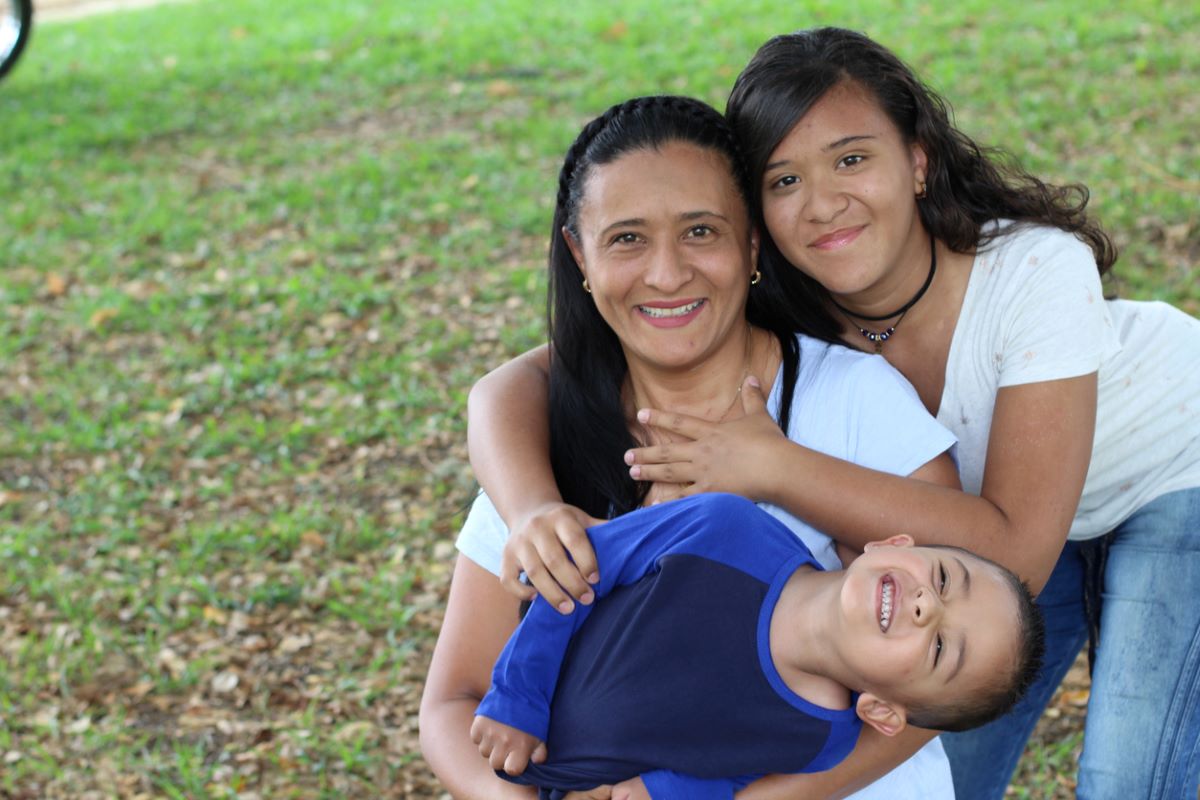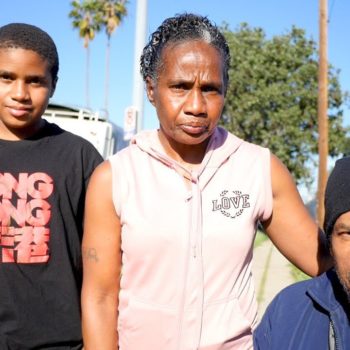Reducing Child-Parent Separation Cases by Providing Housing Assistance to Vulnerable Families
In Georgia, a shameful number of family separation cases stem from the singular cause of a lack of affordable housing.
An investigative deep dive into the situation revealed that Georgia’s government was far more willing to pay for foster care and allow non-parents or guardians to take the children rather than paying to house the family. This is despite evidence that the latter action would have been financially more sound and statistically more likely to yield positive results for the children involved.
Tragically, this scenario is becoming more common in households across the US as family homelessness quietly creeps back up amid the latest 12% increase in homelessness overall.
To prevent millions of children from being unnecessarily orphaned by the broken social system, with their parents very much alive but simply unable to come up with the rent, HUD is now allocating $10 million to remedy the issue.
Poverty and Prejudice: The Fracturing of the American Family
“We found that child welfare systems punish families experiencing poverty by removing children and charging parents with neglect,” declared the American Civil Liberties Union in a 2022 statement on the subject matter.
In an exclusive interview with Invisible People, the National Homelessness Law Center’s Legal Director, Eric Tars, echoed the sentiments with his observations:
“The stereotypical image of homelessness is usually that of an older single male, often with mental health or addiction issues,” Eric explained. “But the true typical face of homelessness is that of a 5-year-old child in a family. And we see that families are teetering on the edge of homelessness because of a lack of affordable housing, and too many of them are being evicted.”
“Often, families won’t seek out resources because they are afraid,” Eric continued. “At times, they are explicitly told by Child Protective Services that if you say you are homeless, then we are going to take your children away based on neglect, even though in many places, that is explicitly not supposed to be grounds for removing children from a family.”
“In the event that a family is revealed to be homeless, CPS will take those children and put them into foster care systems where they’re paying more for that child to be in foster care with a family that isn’t their own than it would cost to house the entire family together,” Eric said. “And this has tremendously bad outcomes for the children who are traumatized by being taken away from their families, for the families, the adults, and the parents as well.”
“It’s just a hugely inefficient and counterproductive use of resources that does not support family stability,” Eric concluded. “It does not support the education of the children, and it’s as expensive as it is harmful.”
The damaging aftereffects of removing children from poverty-stricken but otherwise loving parents cannot be understated. Children hailing from families that were separated due to homelessness exhibit higher risks than their peers in all of the following areas:
- Depression
- Anxiety
- Isolation
- Feelings of abandonment
- Suicidal ideation
- Lower academic achievement
- Higher rates of becoming high school dropouts
- Higher chances of becoming homeless again in adulthood or during adolescence
HUD’s $10 Million Initiative to Curb Family Separation by Preventing Homelessness
The Department of Housing and Urban Development, or HUD, aims to reduce family separation cases by providing housing assistance to vulnerable families. This is in stark contrast to Georgia’s approach to the issue.
The program is being conducted under HUD’s Family Unification Program. The allocated finances will be distributed through the following means:
- 625 housing vouchers made available through 13 public housing authorities to families and youth that meet the eligibility requirements
- 36 months of rental assistance for displaced youth
- Continuum of Care services that focus on education, counseling, money management, nutrition, and helping unaccompanied youth obtain employment opportunities while building necessary life skills
This program was spearheaded with high hopes in December 2023. Currently, vouchers are being made available through the program in the following locations:
- Santa Clara, California
- San Diego, California
- Chicago, Illinois
- King County, Washington
- Salt Lake City, Utah
- Portland, Oregon
- Sanoma County, California
- Harvey, Louisianna
- Hialeah, Florida
- Austin, Texas
- Gulfport, Mississippi
- Denver, Colorado
- Providence, Rhode Island
The ties between generation poverty, family homelessness, and family separation are indisputable. We must tackle all three issues simultaneously to instill the hope of a brighter future for our nation’s youth.
As it stands, millions of school-aged children are staring down the barrel of homelessness, living dangerously on the brink of being separated, not just from their homes, pets, and possessions, but from the very loved ones they depend on for security.
Tell Your Legislators Homelessness is Not a Crime and Families Belong Together
In the words of Eric Tars, “We need more funding for affordable housing and eviction protection prevention programs that can keep families adequately housed and keep them together. If this is a goal you share with other advocates, then make your voice heard.”
Talk to your local legislators about assisting families across America by helping them to avoid homelessness through housing.













